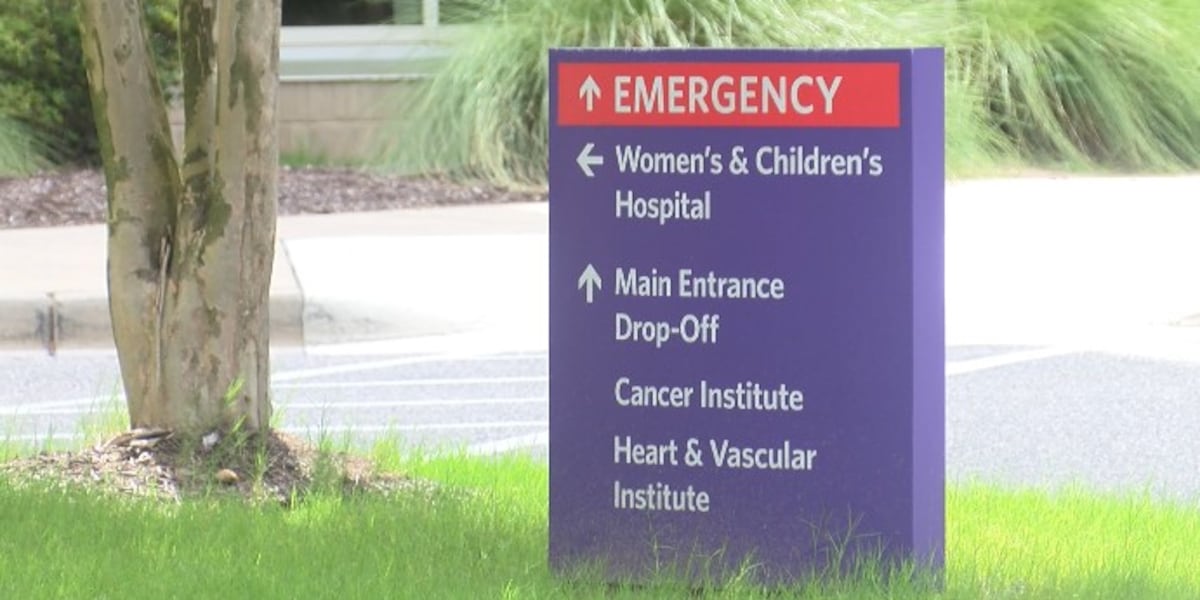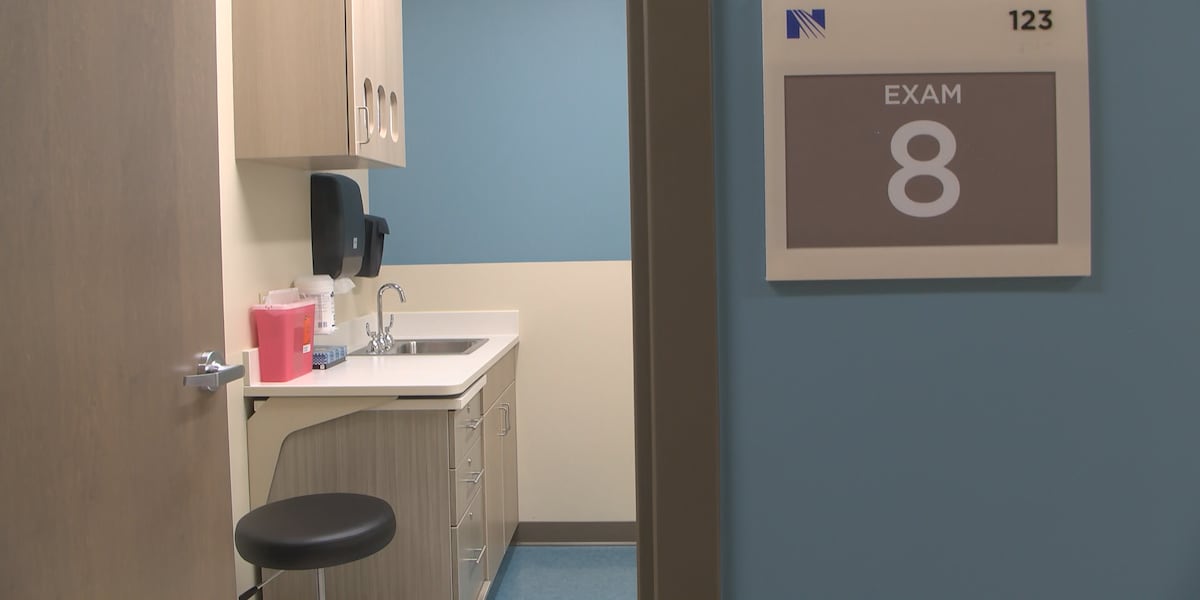Family Court Judge Slams Health Agencies Over Prolonged Legal Appeal, Citing Impact on Man's Wellbeing

In a sharp rebuke, Family Court Judge Penelope Matalavea has criticised health agencies for engaging in a lengthy legal appeal that has significantly impacted the wellbeing of a man under her court's care. The judge’s remarks, delivered in a September judgement, highlight the inadequacy of funding from the Health Ministry and how it has contributed to an “untenable” situation for the individual.
The case has drawn attention to the complex interplay between legal proceedings, healthcare, and the rights of vulnerable individuals within the Family Court system. Judge Matalavea’s decision underscores the need for health agencies to prioritize the welfare of patients, particularly when legal battles prolong their distress and impede access to essential care.
A Lengthy Appeal and its Consequences
The man at the centre of the dispute has been navigating a challenging situation exacerbated by the ongoing legal appeal launched by health agencies. Judge Matalavea expressed serious concerns about the protracted nature of the proceedings and its detrimental effects on the man’s quality of life. She pointed out that the inadequate funding from the Health Ministry has directly contributed to the difficulties he faces, creating a cycle of uncertainty and hardship.
“The situation is untenable,” Judge Matalavea stated in her judgement. “The prolonged legal appeal is a distraction from the core issue – ensuring this man receives the care and support he desperately needs. The Ministry’s funding shortfalls are directly impacting his ability to live a decent life.”
Criticism of Health Agency Approach
The judge’s criticism extends beyond the funding issue, questioning the health agencies’ decision to pursue a legal appeal rather than focusing on finding practical solutions to address the man's needs. The appeal process, she argued, has only served to prolong his suffering and create unnecessary delays in accessing necessary services.
This case raises broader questions about the responsibilities of health agencies to balance legal obligations with the ethical imperative of providing compassionate care. Legal challenges should not be used as a substitute for addressing systemic issues that impact vulnerable individuals.
Implications for Future Cases
Judge Matalavea’s judgement is expected to have significant implications for future Family Court cases involving healthcare disputes. It serves as a clear warning to health agencies to prioritize the wellbeing of patients and to explore alternative dispute resolution methods before resorting to lengthy and costly legal appeals. It also highlights the importance of adequate funding for healthcare services, particularly for individuals with complex needs.
The Family Court’s decision has sparked debate among legal professionals and healthcare advocates, with many calling for a more collaborative approach to resolving disputes and ensuring that the rights and needs of vulnerable individuals are protected. The focus should be on finding solutions that promote wellbeing and minimize the impact of legal proceedings on the lives of those affected.
Moving Forward: A Call for Reform
This case underscores the urgent need for reform within the healthcare system and the Family Court. Increased funding, streamlined processes, and a greater emphasis on patient-centered care are essential to prevent similar situations from arising in the future. Ultimately, the goal should be to create a system that prioritizes the wellbeing of individuals and ensures that they receive the support they need to thrive.






